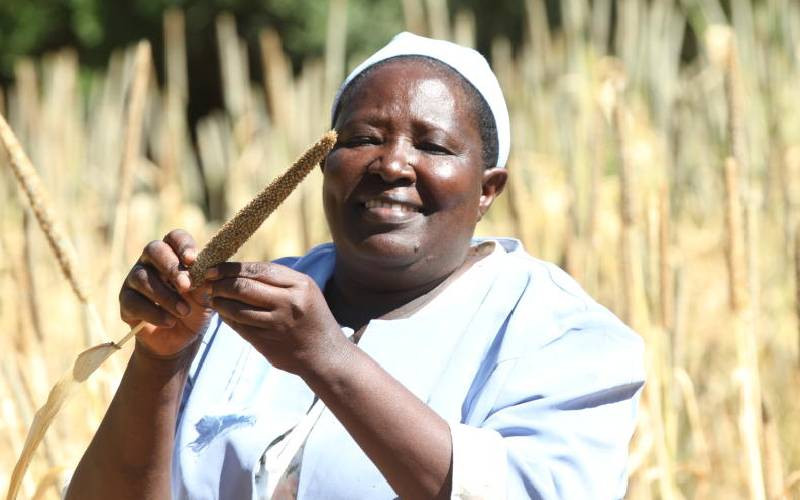×
The Standard e-Paper
Fearless, Trusted News

A recent experience sharing conference featuring East African Crude Oil Pipeline (EACOP) Project Affected Persons (PAPs) brought to Nairobi some of the most outspoken victims.
One experience shared was of a family offered money in exchange for their four acres of land, to pave the way for EACOP, the controversial heated crude oil pipeline expected to run 1,443km from Uganda to Tanga Port.